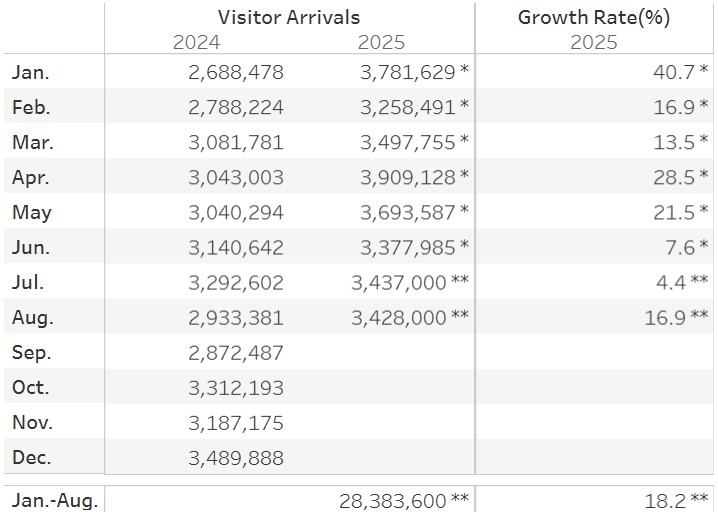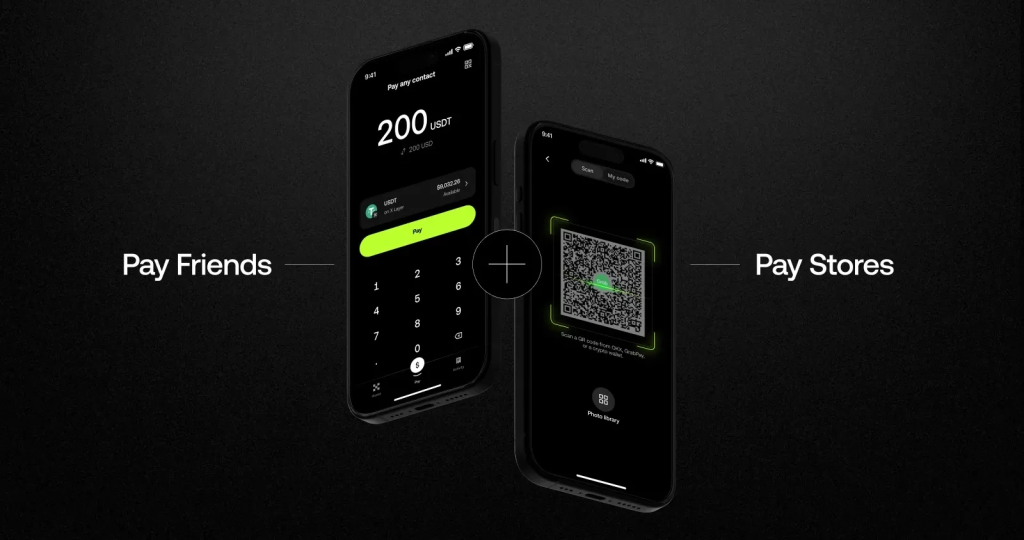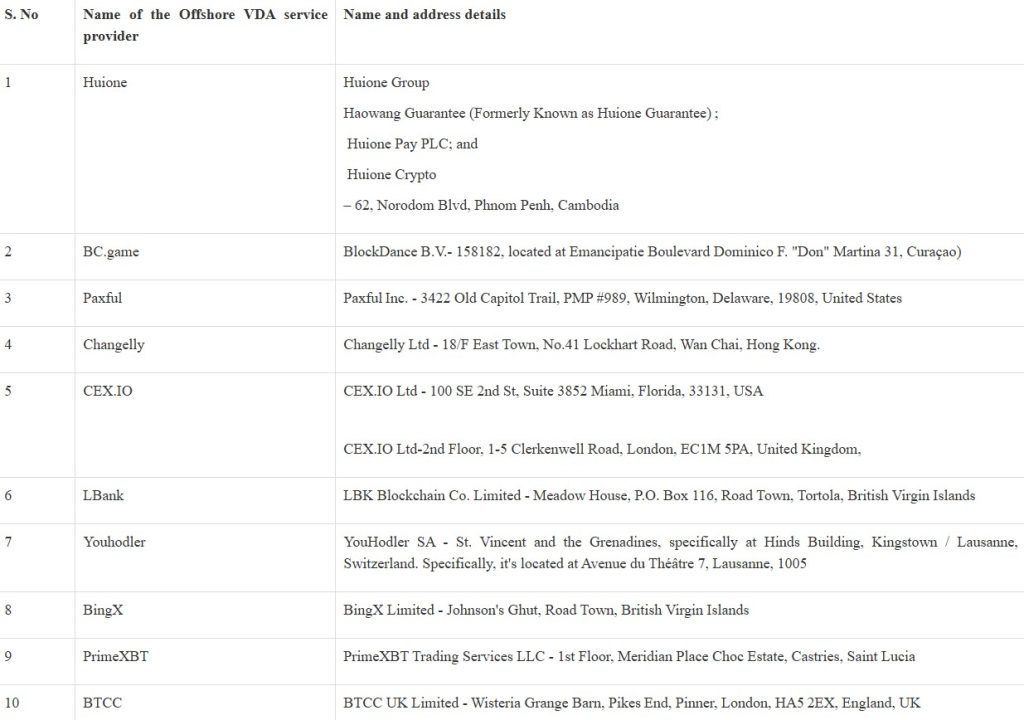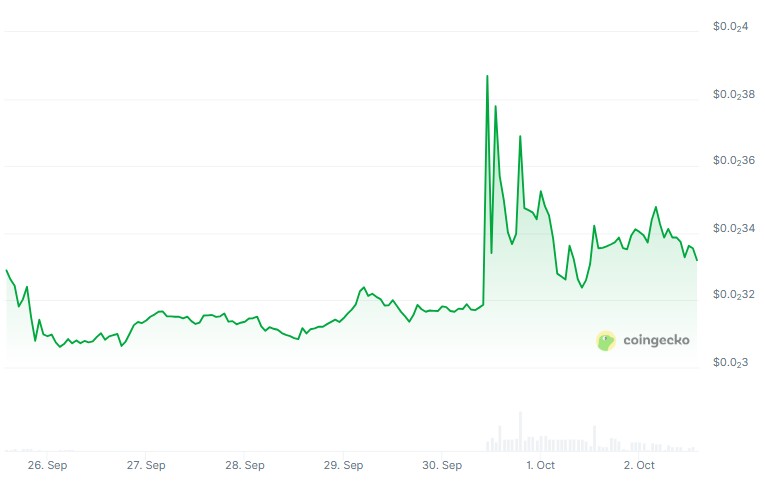Japan’s tourism industry on the XRP Ledger
SBI Ripple Asia has partnered with Japanese travel agency Tobu Top Tours to develop tokens and payment systems on the XRP Ledger.
Under the memorandum of understanding, SBI Ripple Asia will issue tokens on the XRP Ledger for use in a system that enables customers to pay for experiences such as accommodation, dining and shopping. Tobu Top Tours will be responsible for partner acquisition and marketing initiatives based on non-fungible tokens.

As the name of SBI Ripple’s new partner suggests, the payment system is expected to be applied in Japan’s booming tourism industry. SBI Ripple Asia also plans to expand use cases beyond tourism to include disaster relief support, economic revitalization projects and pop culture. It aims to launch in the first half of 2026.
SBI Ripple, a joint venture between Japan’s SBI Holdings and San Francisco-based Ripple, was established in 2016 to promote blockchain-based financial solutions in Asia. SBI Holdings is a major Japanese financial services group that started in 1999 as part of investment conglomerate SoftBank and became independent in 2006.
The SBI Group also operates a crypto subsidiary called SBI Crypto, which was involved in a $21-million hacking incident first reported by blockchain sleuth ZachXBT. While the company did not immediately confirm the incident, SBI said Thursday that there had been unauthorized outflows from its wallets.
Singapore races ahead in Asia’s stablecoin race
Singapore stepped ahead of its regional rivals in the stablecoin race with the launch of OKX Pay, which enables scan-to-pay transactions via GrabPay, a local payment option under Grab Holdings’ super app that also covers ride-hailing and food delivery.
The rollout coincides with Token2049, one of the industry’s largest events, hosted in Singapore. In the lead-up, the Lion City’s crypto scene has been quieter than usual. Recently, the Monetary Authority of Singapore tightened oversight on exchanges accused of regulatory arbitrage by serving overseas customers without a local license.
Hong Kong’s stablecoin framework came into force this August and has since reportedly received 36 license applications. The Hong Kong Monetary Authority previously said most applicants will be disappointed, as only a select few will receive initial approval. In contrast, Singapore has had a framework in place since August 2023 for tokens issued in Singapore. OKX Pay, meanwhile, does not rely on any locally issued stablecoin.

In Japan, yen-pegged stablecoin JPYC recently partnered with Nudge Card to support credit card repayments in stablecoins. The model differs from OKX Pay’s instant payment system, where customers spend USDT or USDC and merchants receive Singapore dollars.
India flags 25 unregistered offshore crypto firms
India’s Financial Intelligence Unit (FIU) has flagged 25 offshore cryptocurrency platforms for serving local users without registration and allegedly violating the country’s Anti-Money Laundering rules.
India extended its AML/Counter Financing of Terrorism (CFT) framework to crypto service providers in March 2023 under the Prevention of Money Laundering Act (PMLA). The rules apply to both domestic and offshore entities serving Indian customers, requiring exchanges to register with the FIU and comply with transaction monitoring and suspicious activity reporting obligations.
So far, 50 crypto service providers have registered with the FIU. However, many others continue to operate without approval.

The latest list of 25 non-compliant firms is headlined by Huione, a Cambodia-based group flagged by the US Department of the Treasury as a major money laundering concern for allegedly handling proceeds from cross-border crypto scams, including pig-butchering schemes. Despite announcing the suspension of services, Huione has been linked to continued operations through stealth websites.
Other well-known exchanges named include BingX, BitMEX and Poloniex. Hong Kong and Singapore each had five exchanges named on the list, followed by the US and British Virgin Islands with three each.
Upbit denies launching a stablecoin on its Ethereum layer 2
South Korea’s largest cryptocurrency exchange, Upbit, has warned users after false reports claimed it was involved in launching a stablecoin with “certain blockchain projects.” Some now-retracted media reports specifically linked the exchange to crypto project IQ.

Upbit said that it has no partnership agreements related to stablecoin issuance or development on Giwa, its Ethereum layer-2 network, calling the claims “completely unfounded.”
The exchange added that blockchain networks are open infrastructure, comparable to operating systems, allowing anyone to build on them without implying direct ties to the platform. False claims about stablecoins have been spreading widely across Asia. The Hong Kong Monetary Authority recently clarified that it has not issued any stablecoin licenses yet after reports suggesting otherwise, while Chinese tech firms have been targeted by fake apps and announcements falsely tied to stablecoin launches.
The warning comes as Upbit’s parent company, Dunamu, has been the subject of acquisition reports involving Naver, South Korea’s internet giant. Reports suggest Naver is exploring moves into digital finance and potential stablecoin ventures.


Yohan Yun
6 Questions for Alex O’Donnell about financial journalism and the future of DeFi
Alex O’Donnell spoke to us about his career as a financial journalist — and how it led to his involvement in crypto and Umami DAO.
Read more3AC-related OX.FUN denies insolvency rumors, Bybit goes to war: Asia Express
New 3AC controversy as OX.FUN rejects claims its assets are mostly its own token, plus sleuths trace stolen Bybit funds. Asia Express.
Read moreIronClaw rivals OpenClaw, Olas launches bots for Polymarket — AI Eye


